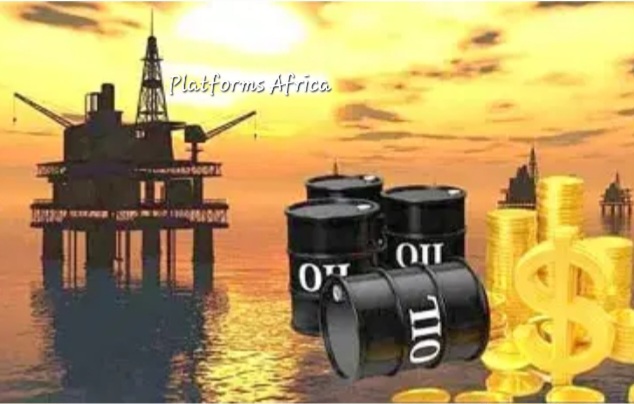As Nigeria inches closer to the 2027 general elections, familiar patterns are beginning to emerge — not least of which is the renewed spotlight on oil and gas exploration in the Northern Basins. It is a recurring ritual, timed with uncanny precision to coincide with electoral cycles. The narrative is almost always the same: “historic discovery,” “untapped reserves,” and the promise of economic transformation. But a closer look reveals that these announcements often lack technical depth and regulatory backing.
Under the Petroleum Industry Act (PIA), the Minister of Petroleum — officially designated in the Act as the “MINISTER” — is empowered to approve hydrocarbon licences, but not regulatory approvals. That responsibility falls under the Nigerian Upstream Petroleum Regulatory Commission (NUPRC). Misrepresentation of this framework — whether by overzealous media or strategic political messaging — not only misleads the public but also muddies the legal and institutional clarity the PIA was designed to establish.
So, are we witnessing genuine policy moves or another round of executive theatrics? Is this a case of journalistic sensationalism, or a calculated attempt to influence public perception in the build-up to elections?
After Platforms Africa Report, Oil Ministry Director Queried, Minister Disowns Claim
NNPC Resumes Oil Drilling Up North, GCEO Gives Details
‘Account For Missing N500bn,Invite EFCC, ICPC’, SERAP Tells NNPCL
Over 200 Senior Staff Fired In Major Restructuring At NNPC
‘One Post, 1.7 Million Views,’ Platforms Africa’s Ratings Soar
Oil Theft: Fact And Figures Of A National Emergency, By Adeola Yusuf
The facts, when traced through official records, point to a cyclical use of the Northern Basins narrative — often resurfacing with greater intensity in pre-election years. This suggests that these campaigns may serve more as political symbolism than substantive energy policy.
As a nation, we must be careful not to conflate technical exploration with electoral expediency. There’s a difference between evidence-based facts and subjective truths shaped by narrative.
In the end, this may just be an opinion. But in matters of national interest — especially in the energy sector — opinions should provoke scrutiny, not blind applause.
Wumi Iledare, PhD, is a Professor of Petroleum economics. He writes from Port Harcourt
Platforms Africa





